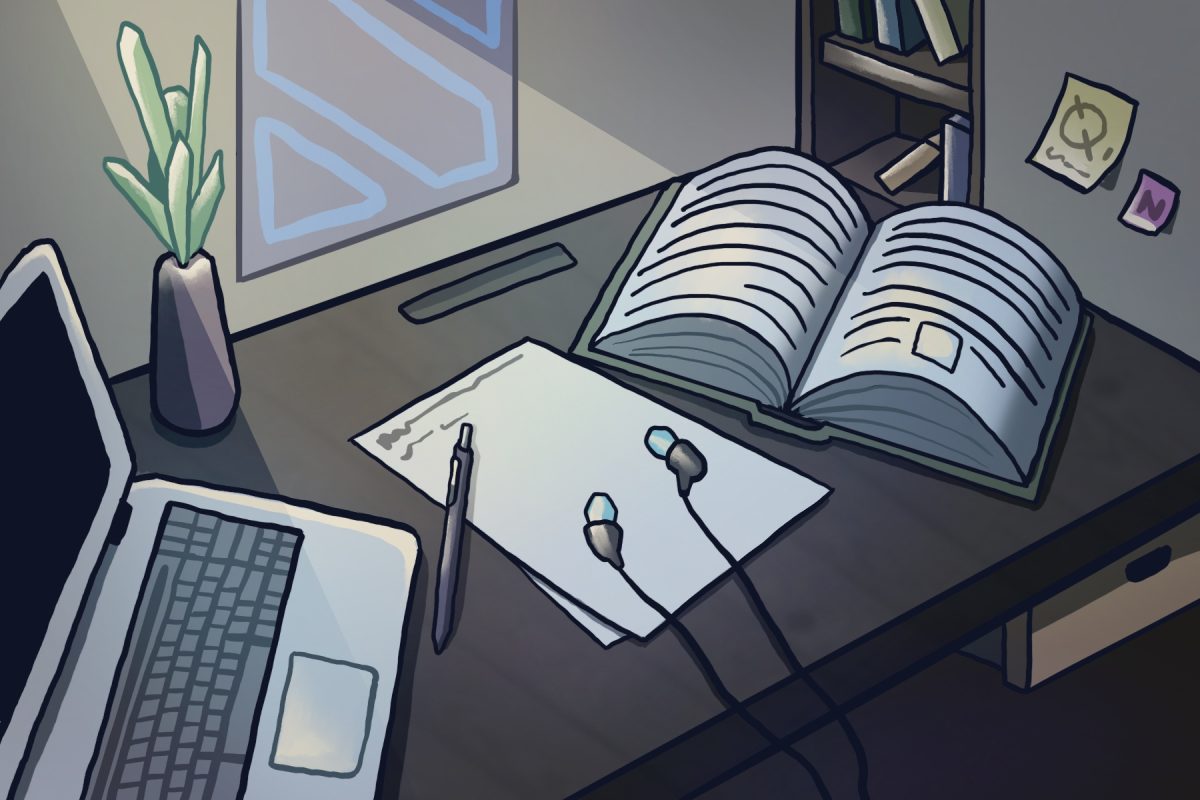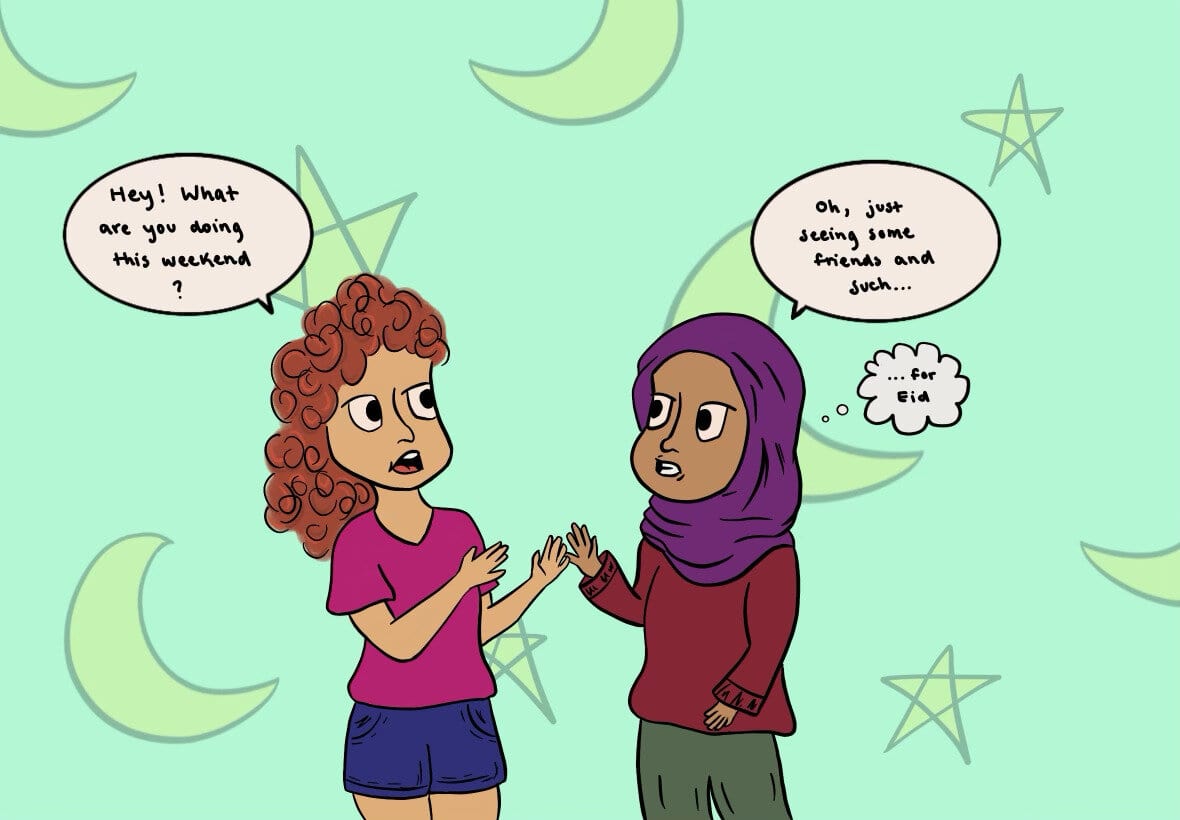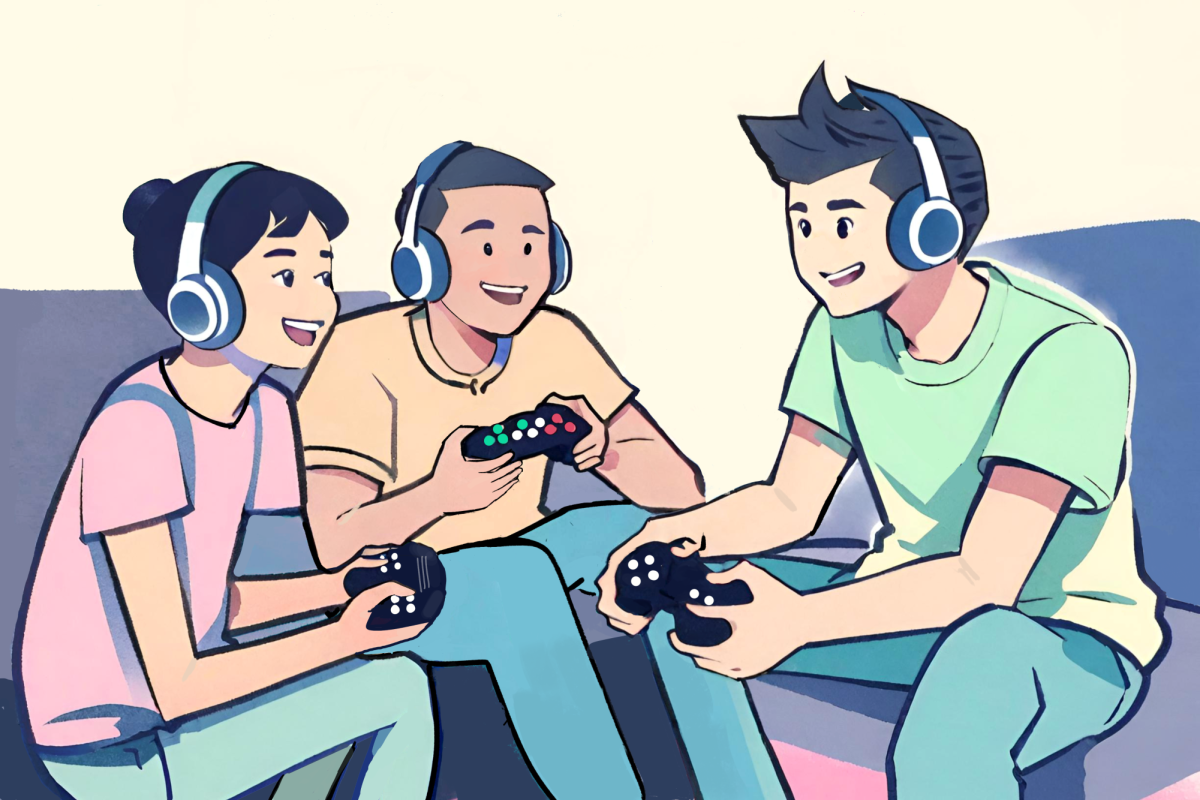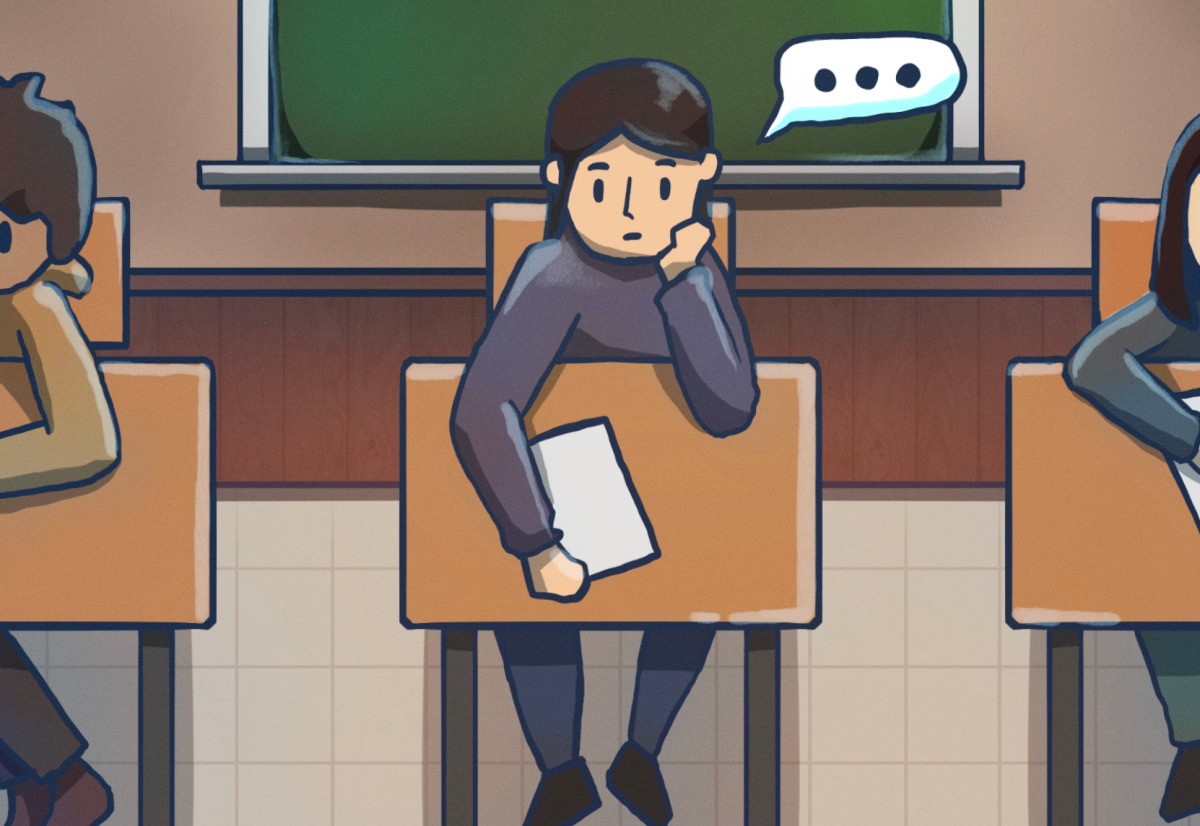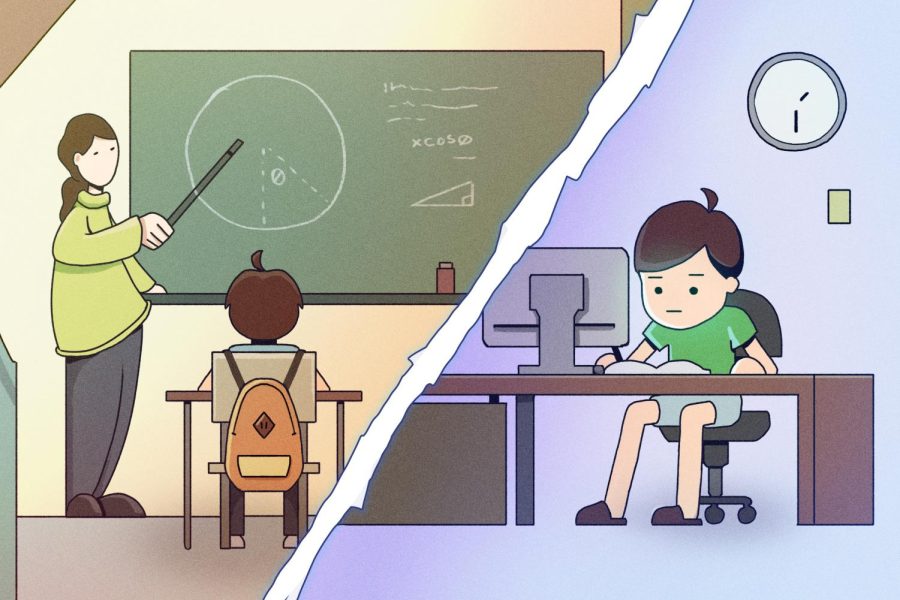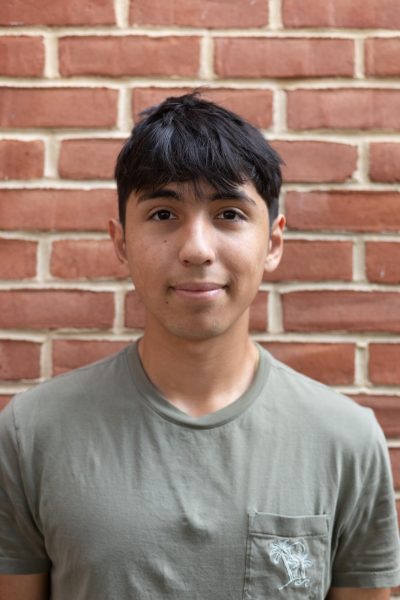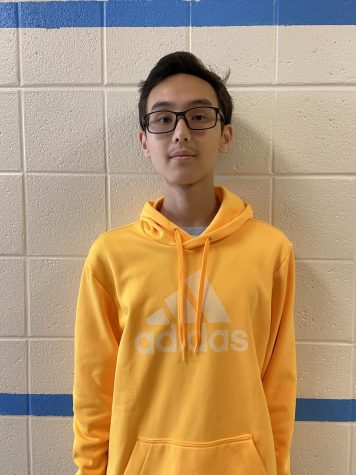Growing up, I thought there was no way a high school Spanish class could ever challenge me. As a Colombian with parents from Bogotá and Spanish as my household language, I was confident in my language fluency. I could sound out anything I wanted to write, speak fluidly and understand rapid-fire Spanish — in my mind, these skills were the only things needed to be fluent.
I was only halfway through the second quarter of freshman year Spanish four when I began to appreciate the flaws of this mindset. I had been absent for four days and hadn’t bothered to catch up on my missing Spanish work — what was there to check?
I walked into class to find I had to take a test on verb tenses that day. Being “fluent,” I told my teacher I could take it right then and there. I sat down with my test, looked at the questions and panicked. Foreign phrases on the paper like “si clauses” had no meaning to me. I looked at the test, hoping that rereading the same sentence would trigger a memory. In a last-ditch effort, I asked my teacher what a si clause was, to which she asked if I had read the slides. Defeated, I gave a half-smile, muttered no and awkwardly shuffled back to my seat.
Students often overlook language’s structure in the bigger picture of fluency. Without proper grammar though, sentences that could convey complex ideas would be incomprehensible. Looking back and reflecting on my earlier Spanish skills, I saw how wrong I was about language fluency. Granted, I was fluent, but only conversationally — and it showed. An early sign of my lack of fluency was my texts with relatives back in Colombia. I would get a simple message asking how my first day of school was and use the voice message option to respond because writing anything out was too difficult. Still, I chalked this up to grammar and writing being insignificant to language.
Towards the end of the third quarter, I wrote my grandmother a paragraph of appreciation on her 60th birthday. I realized that my Spanish was more concise and understandable since my last time writing to her six months prior. My days of sounding out full sentences were in the past, and now spelling and conjugations came to me instantly.
I sent my message, and a couple of minutes later, she wrote back. I started grinning from ear to ear when I saw the message, “I can’t wait to visit you and talk to you in person! Your Spanish writing has improved so much my love!” I reread my paragraph and noticed that much of what I wrote I had learned in class. My sentences used grammatical concepts I had worked to perfect through practice and testing. It looked like I had written the message perfectly with my then-usual voice typing.
Finally coming to terms with my lack of previous fluency, I realized language has always had more to it than speaking, and that simply being able to hold conversations doesn’t necessarily equate to mastery.



